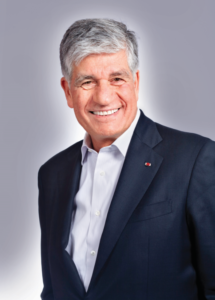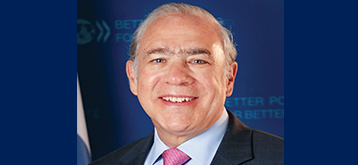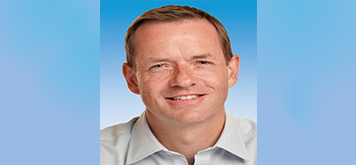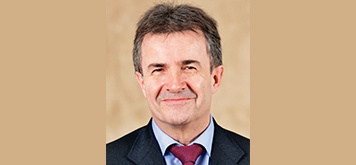Maurice Lévy
Biz@India
June 2017
While online platforms are essential for the future of advertising, combating issues specific to the medium can only be done by the companies leading in the medium, says Lévy.
Maurice Lévy, the chief executive officer (CEO) of leading advertising and public relations company Publicis, discusses with Biz@India how online platforms will be the key for advertisers and combating issues that are specific to the online world is top priority for its progress.
What’s the outlook on media and publicity business for 2017?
Based on what we know with all the uncertainties that exist, we do believe it will be a good year, but probably not a fantastic year. We see that the American companies and CEOs are very optimistic and they are driving most of the growth. So I feel pretty good about 2017.
The main drivers you said was United States of America (US), any other part of the world that is looking good?
I think China will be good, India will also be good. The key question will be around Europe. There are many elections: France, Germany, Netherlands, then there is Brexit, so if there is something that companies do not want, it is uncertainties and these can lead to some wait-and see type situations. But overall the growth will be good.
If you were to pick any particular sector of the economy, where do you see maximum revenue coming from?
I think automotive and consumer goods will be good. These are the key drivers, if they are doing well, you can believe the rest will follow pretty well.
Is online still under a shadow of offline or can it become a bigger brother now?
Online is growing much faster than offline as we know it. And we will still continue to see a decline in offline for the benefit of online. The online growth will be from double to triple.
What percentage of total pie is online today and where do you see it stabilising?
Mobile and video will be the key drivers. Social networks and online growth will be more than 100 pc of the growth in the advertising economy.
If you go to the Middle East or Gulf Cooperation Council (GCC) countries, how do you see the scenario there?
I believe that most of the issues that Arab countries are facing, with very low oil price, with all the issues related to Syria, Iraq – all these don’t seem to be fading away. The Syria issue will still be there for long time, Islamic State (IS) is still a problem. But with the strength of oil price, I believe that the economy of Arab countries will be good.
Do you think there is a duopoly in the advertising business between Google and Facebook? How do you tackle that?
We see them as good partners. As good as they can be, we have to obviously have the equation of a large economy where it’s not dominated by only two players. It is very important for global economy that we have other players, so I hope that Snapchat will grow and I do hope Twitter will also be a very good driver for growth. So it is important to see new companies and there is also something that we shouldn’t discount, which is what happened with Yahoo, AOL.
This is a new offering. That new offering is what will attract a lot of advertisers and I do hope that this will create a broader range of players in the online world.
Not linked to the advertising world but it does have some impact, I am talking about posttruths and fake news spreading like wildfire. What is its role and what responsibility do you think advertising businesses have in this regard?
Fake news as well as some other negative aspects, which are happening in the online sector is something that can shake the trust that advertisers have in online vehicles. So it is very important that this is addressed. I believe that Facebook and Google are already looking at this as a serious threat, they are taking necessary action, and I hope it works. We know that there is not only fake news but there is also fraud, which is a big issue. When you put all the things together – there are solutions that have to be found and for the time being, it is still a work-in-progress. I cannot say that the problem is behind us, it is there, but what I do hope is that Facebook and Google will address this very seriously.
Don’t you think it calls for a government intervention or a government regulator to look into the online space as well?
I am not a fan of regulation. I am a fan of free market and fair market. So if we can find the right balance between the various players, we will not need any new regulator or intervention. I don’t believe that it is good for business, I don’t believe it is good for the advertising world. But what I do strongly believe is that we need a way of maintaining the right balance between the various players. This is critical.
Facebook took a long time before they recognised the role it played in the US elections. So now they are taking some action in Germany to prevent fraud news from targeting their elections. Isn’t it too little and too late and that clearly means that governments or some regulator should have controlled this earlier?
It is a very complex issue, like fraud. It is not something that you can address easily. When you have fake news, you have to see where it’s coming from. If you can trace it then you can find ways to automatically avoid them and it’s difficult for even the best AI tool to see what’s fake and what’s true, so they have to work on this in order to eradicate it completely. And no regulation will be able to eradicate fake news. It’s something that has to do with the platform owners and they have to address that issue. No one else can do it.
















